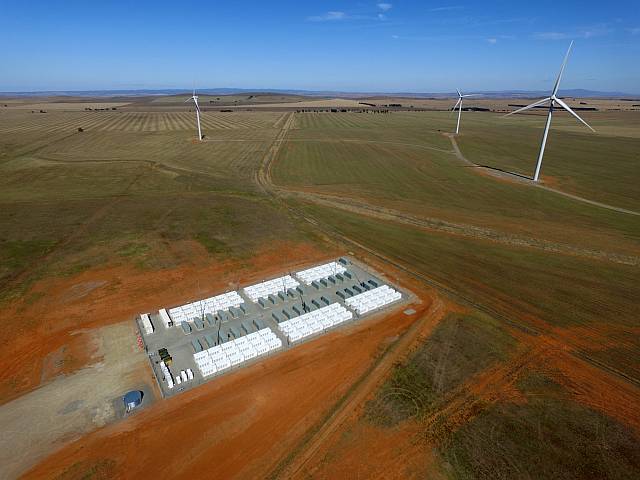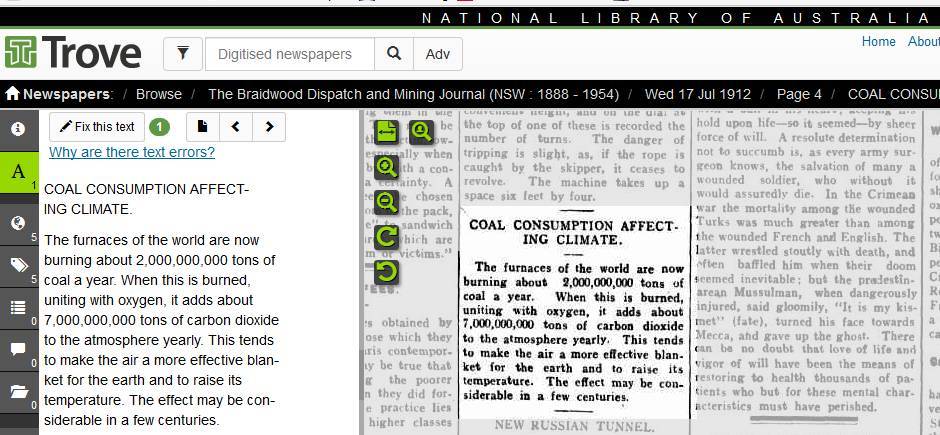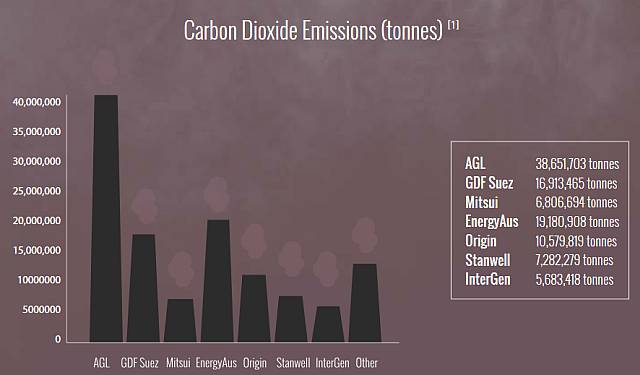| |
Update, January 2018
It was looking like 2018 would be the forth hottest year on record but at the time of writing this had not been officially decided.
Up to 2017
the ten hottest years, in order of increasing temperatures were: 2007, 1998, 2009, 2013, 2005, 2010, 2014, 2017, 2015, 2016.
|
|
I started writing this page in 2015, the previous year,
2014 was, globally, the hottest year ever.
This was reported in January 2015 by the
Japan Meteorological Agency (JMA),
NASA and NOAA.
NASA and NOAA (National Oceanic and Atmospheric Administration) are both
USA based.
2015 was even warmer globally than 2014, see
National Climate
Data Centre, USA.
JMA, NASA and NOAA are three of the world's four main agencies that report
on global weather, the forth is the Hadley Centre (UK).
It is expected that the Hadley Centre will release a similar finding
within the next few weeks (written 2015/01/17).
Nine of the ten hottest years have occurred since 2000, the remaining one
was 1998.
| The number of days on which Australian mean temperatures were in the
hottest 1% since records began up to and including 2013.
|
|---|
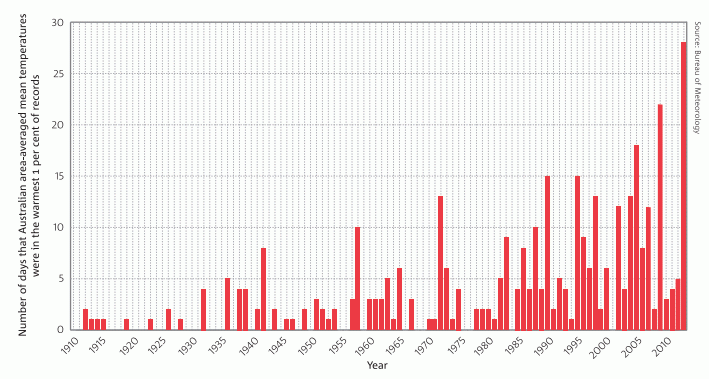
|
| Graph credit: Bureau of Meteorology, State of the Climate
2014
|
The reinsurance industry (those who insure the insurance companies) have
recognised that damages due to natural disasters (fires, floods, storms) has
become more common and expensive due to ACC.
-
A quote from Canstar:
"While the existence of climate change is even now being debated by some
members of the public, the general insurance industry has been attempting to
quantify the issue for well over a decade."
-
A document produced by Insurance Australia Group is revealing.
It shows a steadily increasing number of natural disasters (Figure 6) and
steeply increasing costs of natural disasters (Figure 8).
-
Euopa Re and Climate Change:
"Climate change is expected to further increase the frequency and severity
of hydro-meteorological natural disasters ..."
-
Society of Actuaries:
"For property and casualty insurers, climate change represents an important
challenge because the rising seas, the increased risk of drought, fire and
floods, and the stronger storms that may occur will have a huge impact on
the claims of the people insured."
-
A quote from the Australian Consumer's Association magazine, Choice, Feb.
2015:
"North Queensland home insurance premiums through the roof
The Australian Government Actuary has found insurers paid out $1.40 in claims
for every $1 of premium collected in North Queensland.
This was despite premiums in the region skyrocketing by about 80%, compared
to 12% for Sydney and Melbourne over the eight years to July 2013."
This would have been in response to greatly increased damage from severe
storms in the region.
If climate change was a myth the world's big emitters of greenhouse gasses
would have a strong incentive to point that out.
In fact, while they are lobbying to be allowed to continue their emissions,
they do recognise the reality of what the climate scientists are
telling us.
AGL, Australia's biggest emitter of greenhouse gasses
recognises the reality of climate change and its responsibility to
reduce emissions.
Richard McIndoe, Managing Director of
Energy Australia, the second biggest emitter of greenhouse gasses in
Australia's energy sector, has said:
"As one of the largest greenhouse gas emitters in the Australian
energy sector, TRUenergy faces a more difficult challenge
than most to reduce its greenhouse gas emissions. In planning
for a low carbon future, our Climate Change Strategy provides
a blueprint for action."
The third biggest greenhouse gas emitter in Australia's power sector also
recognises the reality of climate change:
GDF SUEZ reaffirms its commitment to combatting climate change at the
Climate Summit in New-York.
Statements from representatives of religions and denominations on the need
for action on climate change...
| |
| Date of cherry-blossom peak-bloom in Kyoto, Japan, 800AD - 2016
|
|---|
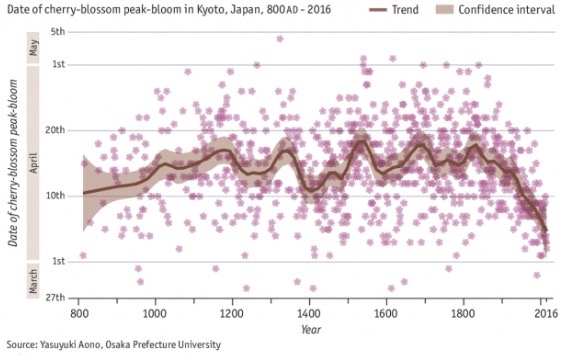
| | Image source,
Economist and ultimately Yasujuki Aono, Osaka Prefecture University.
| |
Dates of natural events
The dates of many natural events around the world are changing due to the warming climate.
Japan's cherry blossoming
The graph on the right shows that the date of the famous cherry-blossoming in Japan has become steadily earlier since about 1825.
This is by far the strongest and most consistent trend showing on the record kept since 800AD.
Wine grapes
It has also been noticed that the date of wine grape ripening has been getting earlier as climates warm.
Annual cycles of birds
Cynthia Carey had a
paper published in the US National Library of Medicine, National Institute of Health, in 2009.
An extract for the Abstract makes the point needed for this section:
"The timing of egg laying is determined, usually by both endogenous clocks and local factors, so that food availability is near optimal for raising young. Climate change is causing mismatches in food supplies, snow cover and other factors that could severely impact successful migration and reproduction of avian populations unless they are able to adjust to new conditions. Resident (non-migratory) birds also face challenges if precipitation and/or temperature patterns vary in ways that result in mismatches of food and breeding. Predictions that many existing climates will disappear and novel climates will appear in the future suggest that communities will be dramatically restructured by extinctions and changes in range distributions."
Mismatch between bird breading and availability of food
Brook Hays wrote a
piece for UPI Science News 2018/04/23 titled "Hungry birds are missing out on their favorite insects as a result of climate change: Chicks are hatching too late to benefit from the nutritious glut of caterpillars."
"Researchers at the universities of Edinburgh and Exeter studied the nesting and feeding patters of three bird species, blue tits, great tits and pied flycatchers. All three time their mating and nesting patterns so their offspring are hungriest when caterpillars are most abundant.
But as the new research showed, warmer, earlier springs are pushing the abundance of oak leaves and the caterpillars that feed on them earlier in the year. As a result, chicks are hatching too late to benefit from the nutritious glut of caterpillars."
Drying of south western Western Australia
Annual average rainfalls have declined in the SW of WA and are continuing to decline. Run off into the Perth water storages has decreased by 80%.
The WA government has consequently recently (June 2022) decided to build its third seawater desalination plant. The first was built in 2006; it had a capacity of 45 gigalitres per year. Another was built some years later, this one with a capacity of 100 GL/y. The third is also to have a 100 GL/y capacity.
Run off into the Peel estuary, near where I live, has also decreased leading to increased salinities and the death of thousands of Melaleuca (paper-bark) trees. I've written more about this on another page.
It is not difficult to find research on a range of natural events showing similar results with a Net search.
